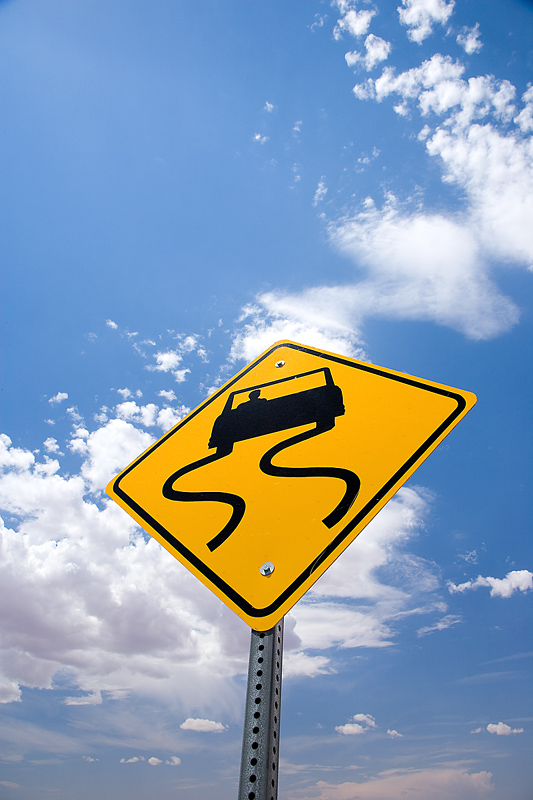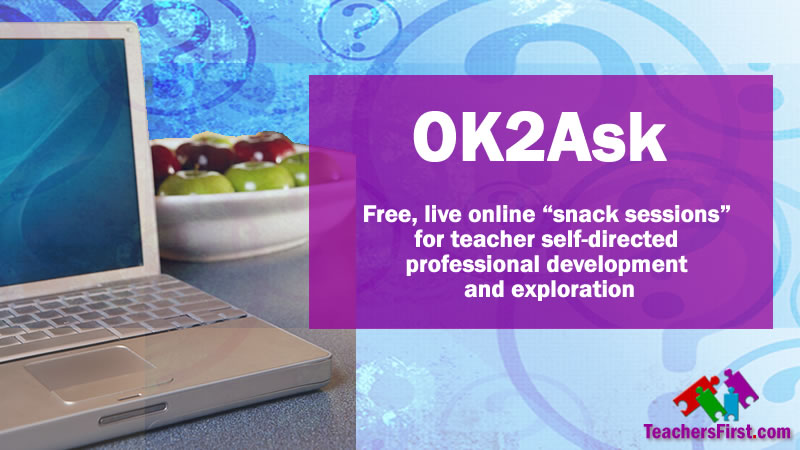Slippery Reality
 Twenty or thirty years from now, electronic libraries will be full of cyber-volumes about the opening decade of the 21st century and the confluence of events that turned the world sideways like an iPhone display: the flood of web 2.0, September 11, wars, and unprecedented economic distress. We certainly have no satellite view today. We cannot even feel the tilt well enough to know which end is up. We have all this information, and we can find out nothing.
Twenty or thirty years from now, electronic libraries will be full of cyber-volumes about the opening decade of the 21st century and the confluence of events that turned the world sideways like an iPhone display: the flood of web 2.0, September 11, wars, and unprecedented economic distress. We certainly have no satellite view today. We cannot even feel the tilt well enough to know which end is up. We have all this information, and we can find out nothing.
I just finished editing another set of small tidbits to throw into the Web of information and ideas about the economy: some pages for parents on how to help children and teens cope during tough economic times and some for teachers on how to help all of us learn more about these complex systems. But even collecting and synthesizing good information from reliable sources is a slippery reality. When it comes down to it, nothing we write is any better than the reliable sources we trust — trust just because someone else we trust already trusted them. Even a savvy web user can only use the tests of reputation, references, credentials, and (gulp) Google ranking to decide who to believe. If my network says it’s reliable, I guess I can trust it.
As educators we know that we must help our students learn to compare information, assess it, compile it, and convey it, but there are days like today when I wonder if we are simply helping them build a false sense of reality. I watch the news and I wonder which “authority” or “expert” will fall tomorrow, which economic scheme will prove false, which report on the stateus of Afghanistan will be mistaken. I especially wonder what the state of the economy really is. No one knows. And this time Google does not help. There does not seem to be an algorithm for ranking such a total abstraction.
I am afraid I am left simply wondering what they will say in twenty or thirty years about all of us who are driven by the shepherds of the news media and the Internet. Reality is slippery, and we are supposed to help our students navigate it when we do not understand it ourselves. But someone trusts us because someone else they trust trusted us.
Scary.




